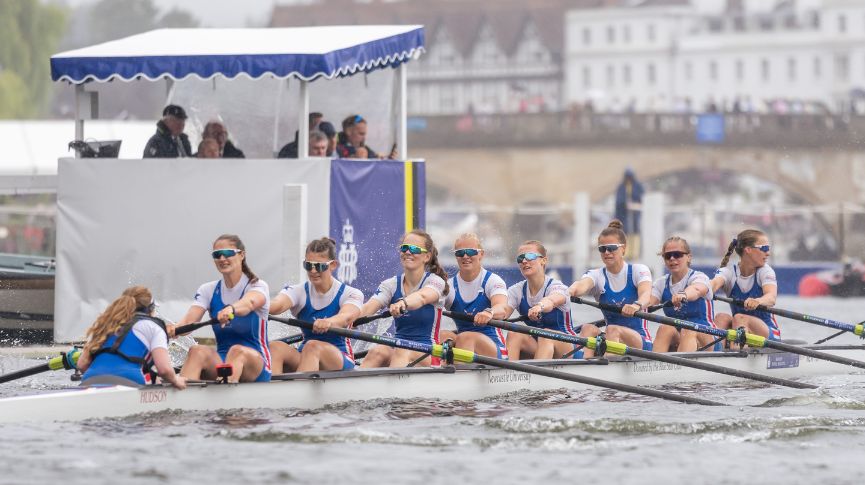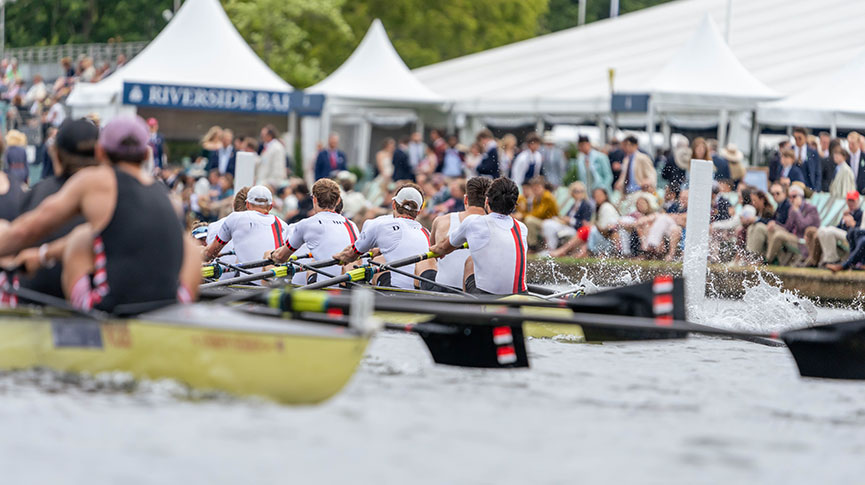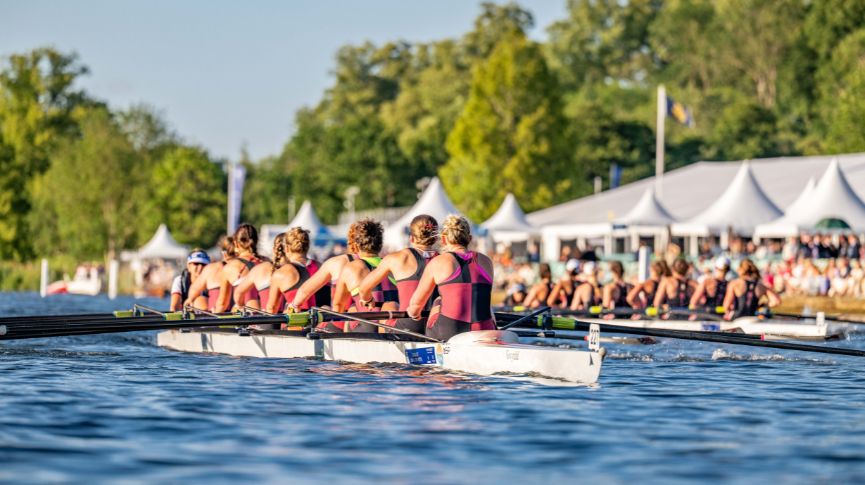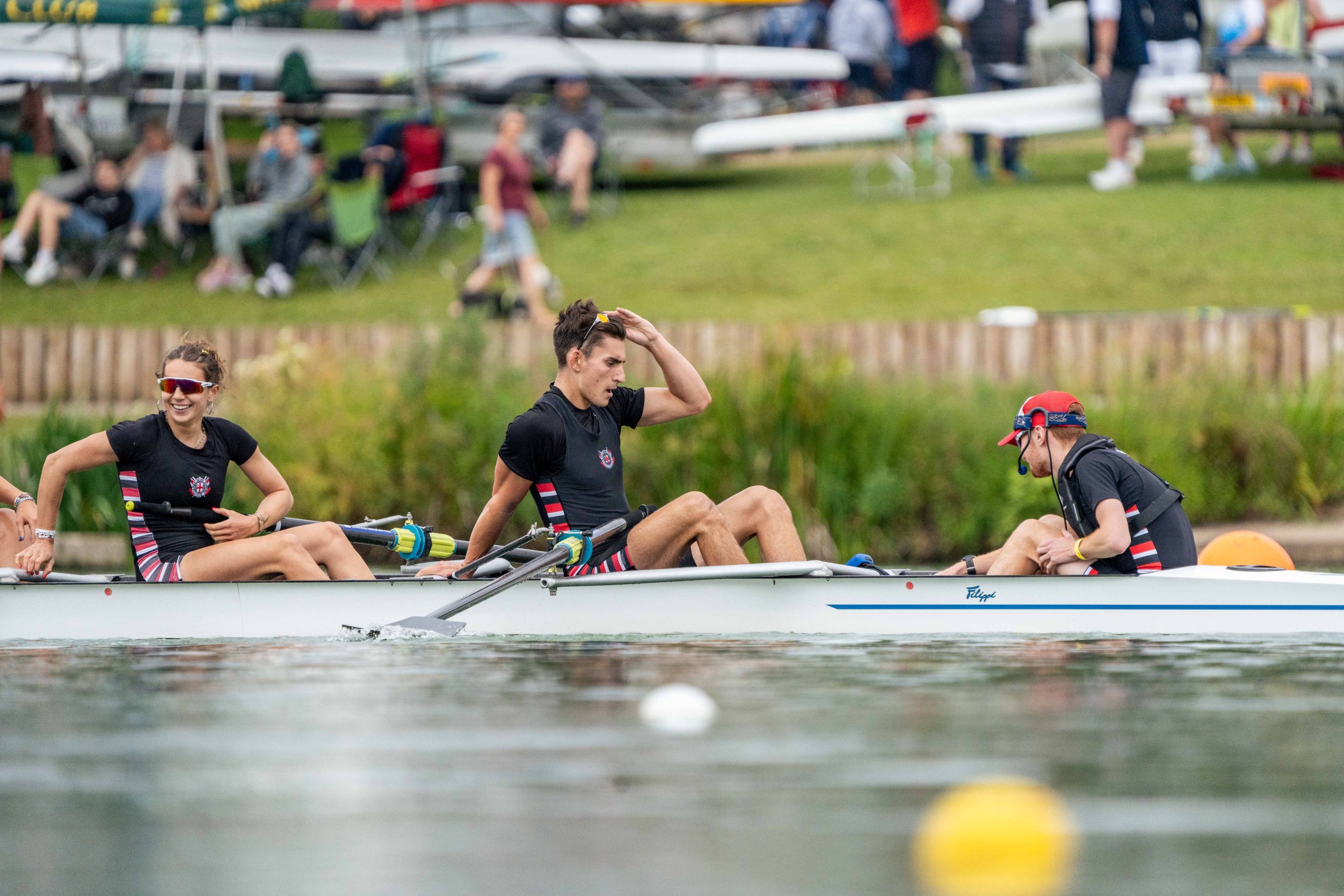Olympic silver medallist Vicky Thornley talks cross training benefits for rowers
Vicky Thornley talks about two of her go-to cross training activities, as part of her exclusive holistic health series in Rowing & Regatta magazine
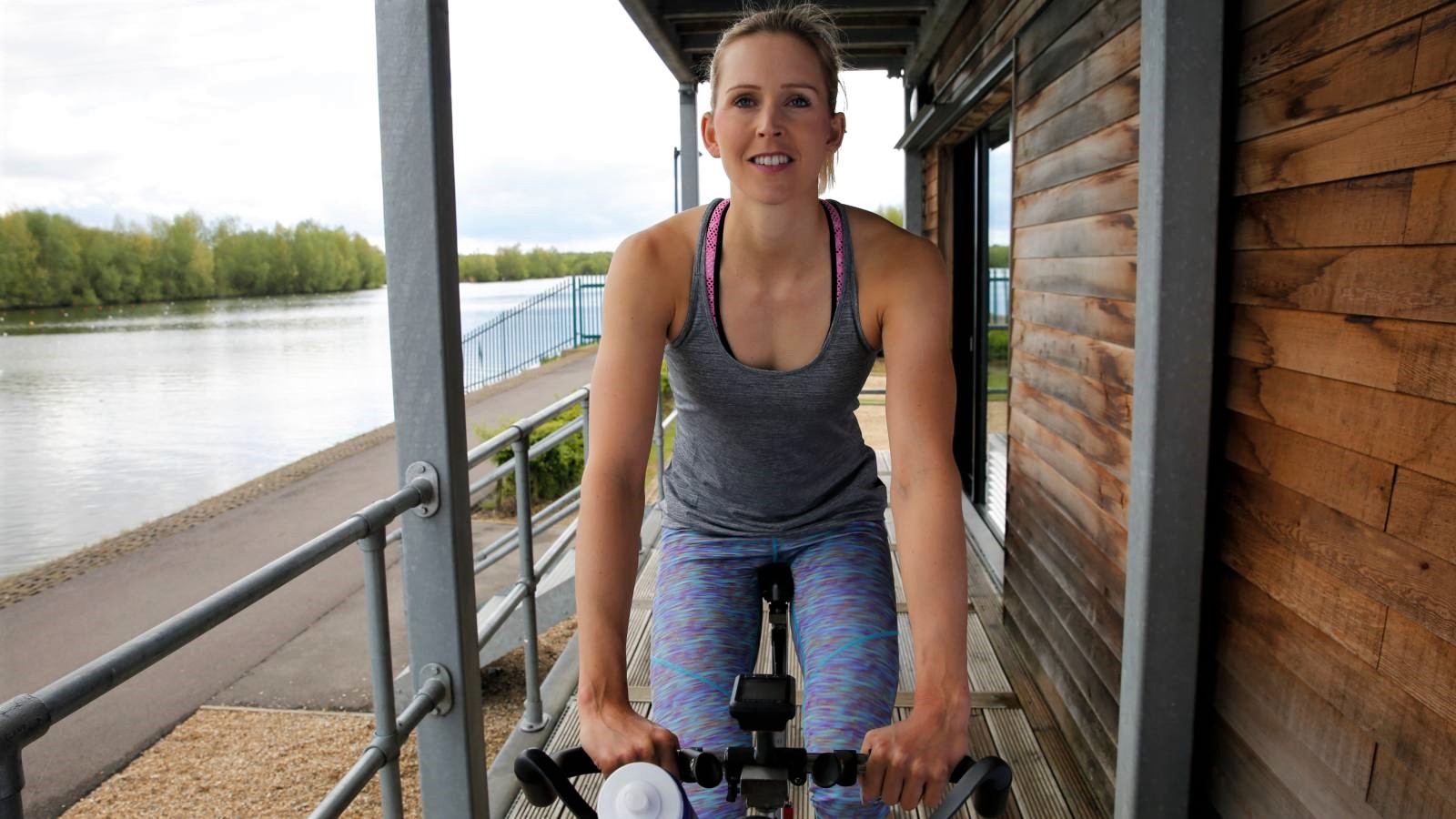
Vicky Thornley (c) Nick Middleton
Incorporating cross training into your winter training can make you go faster on the water come the summer. I use cross training during the winter and early spring. Once we enter the racing season, I significantly reduce my cross training in order to maximise my in-boat focus. Here are two cross training activities that I enjoy doing.
1 – Road cycling
In November, the GB women’s squad heads to the popular cycling island of Mallorca and it’s popular for a reason. The roads are well maintained, providing an assortment of terrain and, most importantly, it is home to big climbs, the most infamous being Sa Calobra. A piece of road that will be forever etched in my mind, having pushed me to my mental and physical limits numerous times.
Vicky’s cycling tips
- Always wear a helmet!
- Front and back lights on, even in daylight.
- Wear gloves. When falling, your natural reaction is to put out your hands. If you end up with road rash on your hands, it will take a while until you can hold an oar handle.
- Drink plenty of fluid. Practise drinking while riding, a skill which will help you prevent dehydration.
Firstly, cycling is a great cardiovascular exercise that incorporates a lot of the same muscles that are essential to move a boat fast. Because your heart rate varies to a greater degree on the bike, compared to rowing, due to generally unavoidable changes in gradient, this offers up a new challenge and stress to the body.
A big benefit of road cycling is the length of time you can be on the bike. This can far exceed the time on the rowing machine or in the boat. The majority of our long steady-state rowing sessions last 90-100 minutes, so we are never pushing over the two hour mark. However, you can ride the bike for over six hours and this allows you to really push the endurance aspect of training.
2 – Indoor cycling
In the winter, if you find the water frozen or resembling the North Sea, cycling can be a break from the rowing machine. The indoor bike can be challenging mentally. Having done a whole cycling camp on a turbo-trainer, I know this only too well! Remember, time doesn’t stop and the session will come to an end eventually. Keep your mind on the benefits of the session and think about the summer races you might be winning – if you train well.
Read more about Vicky Thornley’s cross training activities in the latest edition of Rowing & Regatta magazine.


